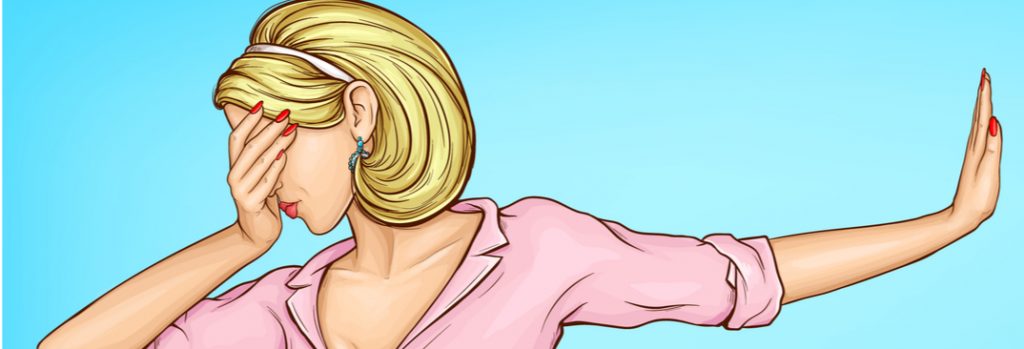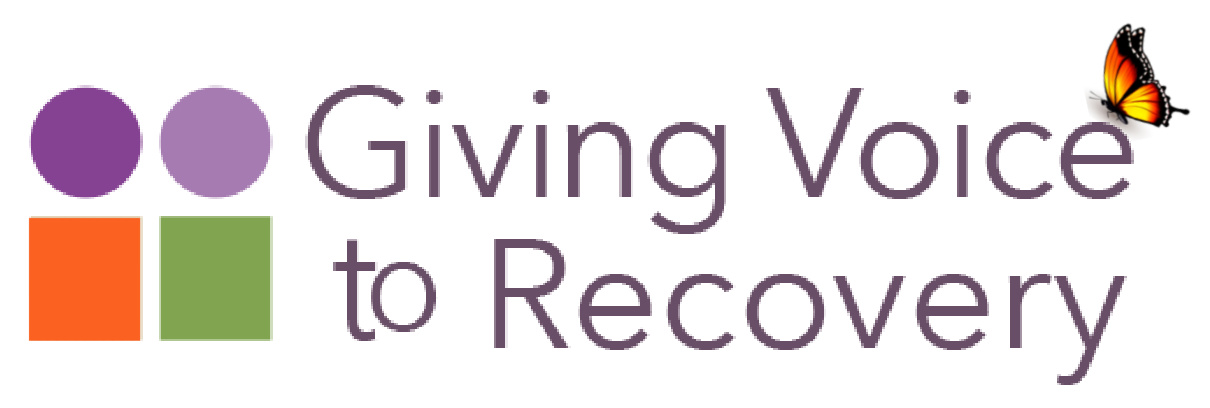Defying Denial

“Don’t Even Know I Am Lying” is my favorite acronym for Denial.
The disease of addiction often takes years to progress and while it is progressing many, in fact most addicts maintain jobs, professions, families, friendships and social responsibilities. We, to varying degrees, hide the problem not only from our family, friends and employers but from ourselves.
Sometimes consciously, but for the most part subconsciously, active addicts/alcoholics make decisions that place us in environments that support our addictions. This is often achieved by the types of the jobs and careers we choose and also with the friends and acquaintances we keep.
We have an uncanny way of finding the employers that tolerate or even encourage drinking. Early in our “drinking careers” we usually do quite well at work. Often driven by fear and low self-esteem we use overcompensating behavior to boost our fragile self-worth and employers often benefit from this tendency. Feeding an addiction is constant and demanding so we become incredibly resourceful.
With regard to relationships, especially with our “drinking buddies” we tend to find people who are “worse off than we are” – in recovery circles this is known as “seeking out lower companions”. We often let go of the relationship that hold us to a higher standard. We don’t want to be shamed or controlled, it is easier to leave people behind. We find friends who are doing what we are doing that won’t “judge” or “nag” us about what we are doing to ourselves.
Denial sets in when we don’t know how to fix something and we don’t want to ask for help. It is powered by rationalizations, minimization and justifications. It often sounds something like this “I’m my companies top sales person, I have to drink with my clients, it is practically required and besides, I deserve a drink after all that hard work, and I don’t drink nearly as much as Bob, so I must not be that bad.” This is the language of denial and denial leads to death for many addict’s alcoholics and co-dependence.
Yes, I include codependents on this list, often times the people closest to the addict are in the strongest state of denial. As codependents our patterns help keep the addict/ alcoholic sick by co-signing their self-destructive patterns. In other words, we tend to go along to get along. Over time, reality gets distorted and we get worn down, we become part of the problem because we are in denial ourselves. Addiction hurts everyone close enough to be involved.
I am a big fan of the 12 step groups that address codependent patterns as It is often the case that when the co-dependent starts to see reality and starts to make healthy changes within themselves that is when the addict/alcoholic’s denial shatters and they will want real help. I have also seen it work the other way around, when an addict/alcoholic gets help but the co-dependents don’t it can derail the recovery of the person with the active addiction. Addiction is a family “dis-ease” and the best results come when everyone involved gets their own recovery.
A coping skill that most people develop when they live with a person with untreated alcoholism or drug addiction, is the heightened sense of “reading a room” and/or reading peoples emotional states. In recovery rooms this is often referred to as hyper vigilance and is often described as the feeling of “walking on eggshells”. No one wants to upset the very emotionally unpredictable addict so we learn to hide, avoid and lie. This becomes normal over time for otherwise honest healthy people.
No doubt, it is hard to live with the harsh ups and downs of an addict’s lifestyle. An active addict is an unreliable, unpredictable, inconsistent person often swaying between angry defiance and dangerous disregard for the wellbeing of themselves and others. The once loveable beautiful person we care about lashes out at whoever is closest or safest in unpredictable ways. It can be difficult to not take it personally, especially when you are the one they blame for their unhappiness.
The truth is that you did not cause their addiction, their unhappiness, their behaviors or their consequences, nor can you cure or control them. Denial provides us with what I call “delusions of control”. A false sense of control that provides a false sense of safety. Accepting this is accepting powerlessness. It can be difficult to accept this hard dose of reality, especially if you have been in denial for years. We are powerless over others but we can seek help for ourselves and there is a lot of help out there.
When dealing with someone I care about in the throes of addiction I have to remind myself that they are a sick person not a bad person and that this is about chemistry not character. This is a person who has lost the power of choice and they need help, usually professional help.
In recovery, we learn to accept our powerless over the things we have no control over, we surrender. We recognized and accept that what we are doing, is not working and that we need help. We find the courage to change the things we can, starting with ourselves. If we stay in denial, we stay stuck. If we surrender and ask for help things will change and for me and most people in recovery, things changed in amazing and wonderful ways.
Just Sayin,


